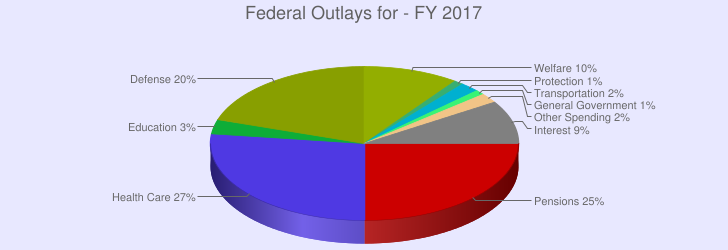"Percent change in after tax income" --> tip the scale towards the rich and then complain that the rich are getting bigger cuts.

So a person making $25k gets a 3% cut in their bracket, from 15% to 12%
$50k --> 3%, from 25% to 22%
$100k --> 3%, from 28% to 24%
$250k --> 2% INCREASE, from 33% to 35%
$500k --> 4.6%, from 39.6% to 35%
$501k and up --> 2.6%, from 39.6% to 37%
(data from https://www.fool.com/taxes/2017/12/19/heres-what-the-2018-tax-brackets-will-be-if-the-go.aspx )
There is an area within what most would call "wealthy" that the tax cuts are larger than the 3% most people get, but there's also an area where taxes go up quite a bit. Both of these are due to the new bracket ranges (which have to change from time to time anyway due to inflation).
So yes, keep on complaining about the tax cuts because the "percentage change in after tax income" makes the rich look richer even though their tax cuts aren't substantially different than anyone elses, and they're still paying a lot more taxes than the other brackets.
If you're going to go ahead and use change in after tax income as a measuring stick, you should turn around and use that in all comparisons, and stop using percentages altogether.
If you're making $50k, then your taxes next year are 22%, or $11,000.
If you're making $500k, then next year your taxes are 37%, or $175,000.
But hey, the rich aren't pulling their load even though their taxes are 15% higher, or in other words a 10x increase in income results in a 16x increase in taxes.
You're getting a tax cut. Full stop. It doesn't accomplish what you want, which may include many things but seems mostly to include radical income redistribution, above and beyond what the tax system already does in terms of income redistribution.

So a person making $25k gets a 3% cut in their bracket, from 15% to 12%
$50k --> 3%, from 25% to 22%
$100k --> 3%, from 28% to 24%
$250k --> 2% INCREASE, from 33% to 35%
$500k --> 4.6%, from 39.6% to 35%
$501k and up --> 2.6%, from 39.6% to 37%
(data from https://www.fool.com/taxes/2017/12/19/heres-what-the-2018-tax-brackets-will-be-if-the-go.aspx )
There is an area within what most would call "wealthy" that the tax cuts are larger than the 3% most people get, but there's also an area where taxes go up quite a bit. Both of these are due to the new bracket ranges (which have to change from time to time anyway due to inflation).
So yes, keep on complaining about the tax cuts because the "percentage change in after tax income" makes the rich look richer even though their tax cuts aren't substantially different than anyone elses, and they're still paying a lot more taxes than the other brackets.
If you're going to go ahead and use change in after tax income as a measuring stick, you should turn around and use that in all comparisons, and stop using percentages altogether.
If you're making $50k, then your taxes next year are 22%, or $11,000.
If you're making $500k, then next year your taxes are 37%, or $175,000.
But hey, the rich aren't pulling their load even though their taxes are 15% higher, or in other words a 10x increase in income results in a 16x increase in taxes.
You're getting a tax cut. Full stop. It doesn't accomplish what you want, which may include many things but seems mostly to include radical income redistribution, above and beyond what the tax system already does in terms of income redistribution.

